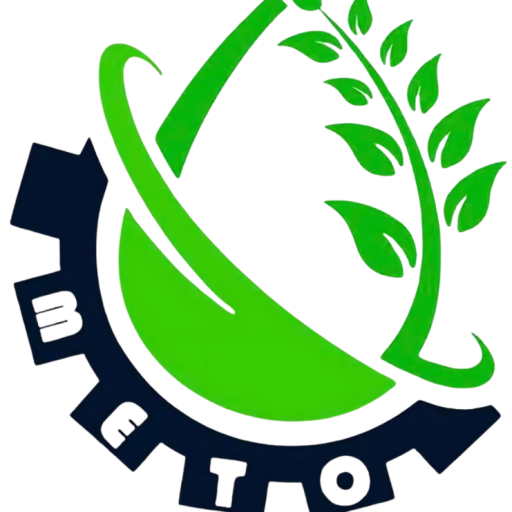
Industrial and agricultural machinery are integral to modern economies, driving efficiency, productivity, and innovation in key sectors like manufacturing, construction, and farming. These machines play essential roles in automating processes, reducing manual labor, and improving the quality of end products, making them indispensable for both large-scale industrial operations and agricultural activities.
This article provides an in-depth overview of industrial and agricultural machinery, their importance, types, challenges, technological advancements, and current trends shaping the industry.
The contributions of industrial and agricultural machinery extend across multiple sectors, bringing major benefits:



Industrial machinery is used in multiple industries, ranging from manufacturing to construction and energy production. Key examples include:
Agricultural machinery is vital for fieldwork, planting, harvesting, irrigation, and post-harvest processing. Types of agricultural machinery include:
Recent advances in technology are transforming machinery in these sectors, making them smarter, safer, and more sustainable:
The growth of industrial and agricultural machinery influences a host of related industries:

At METO B.V, we are more than just a trading company; we are a bridge between world-class manufacturers and international markets.
